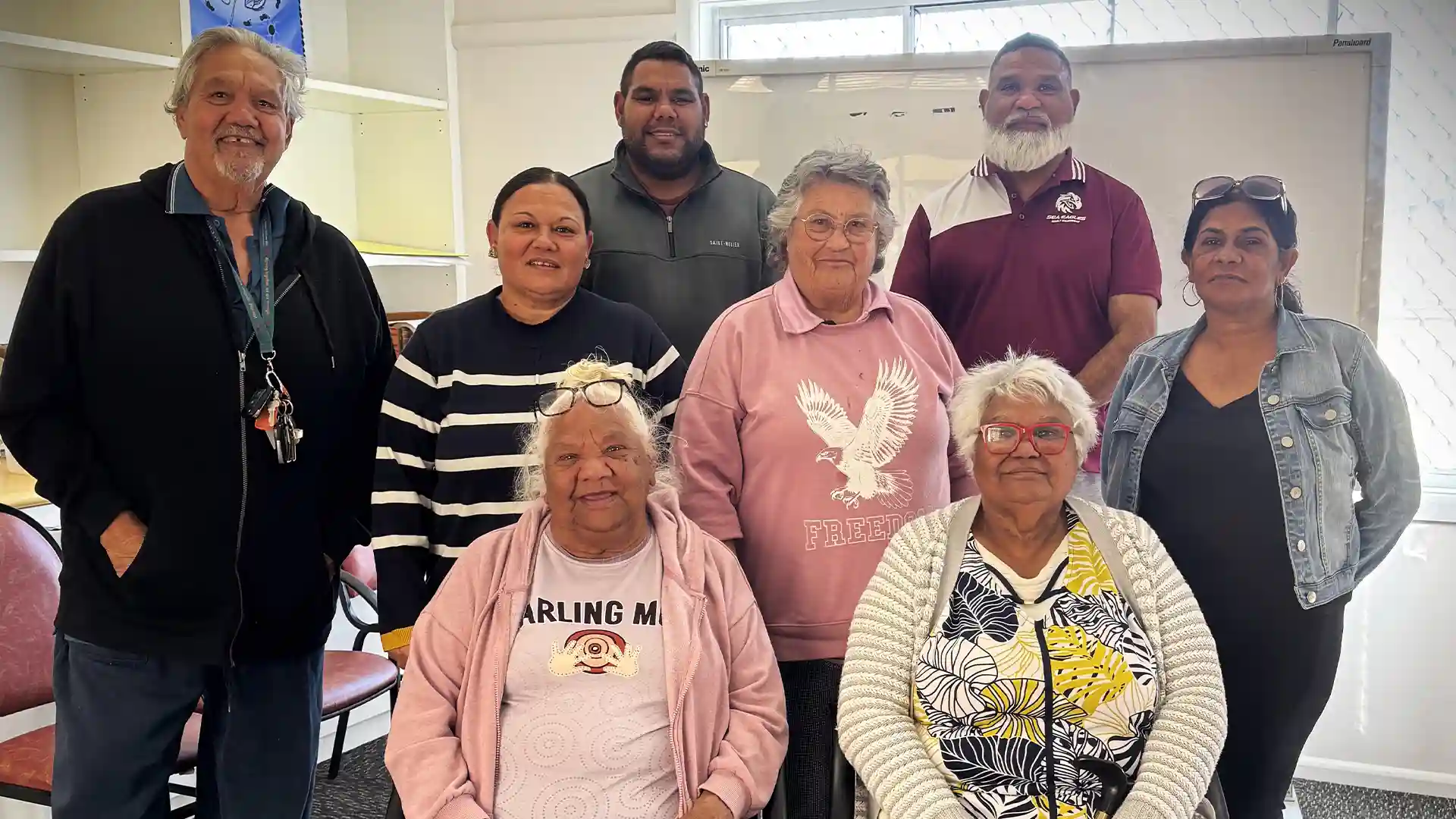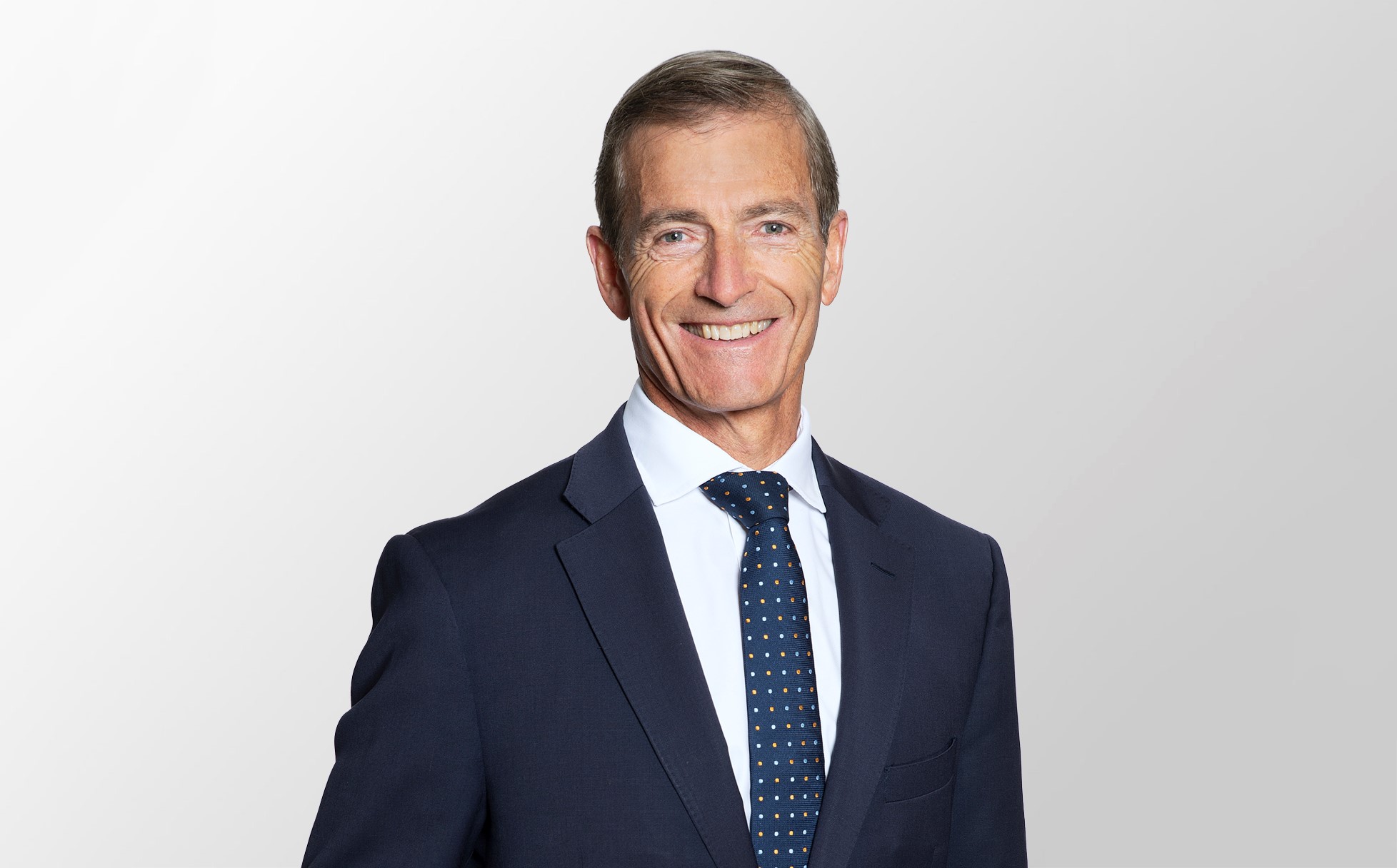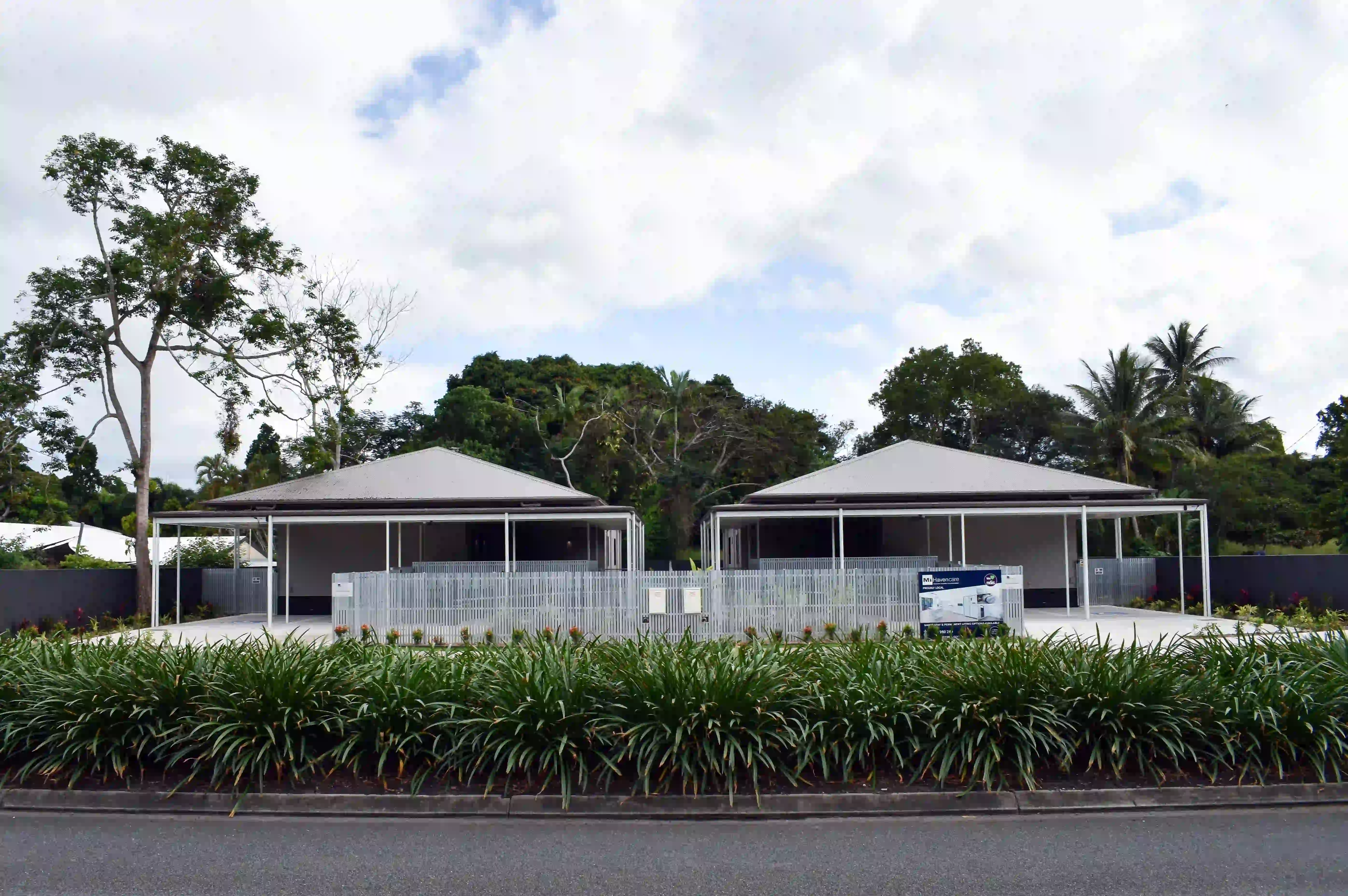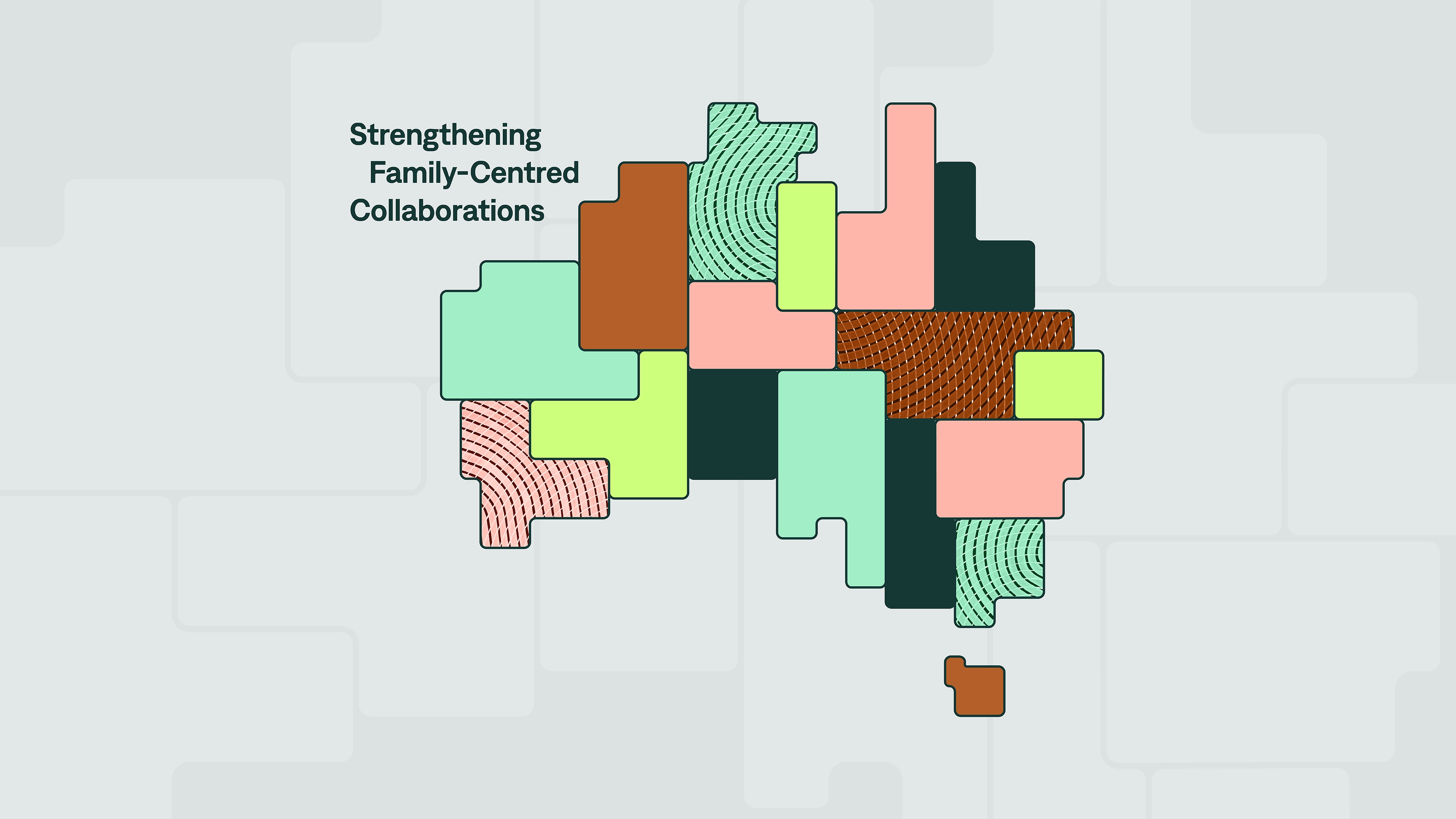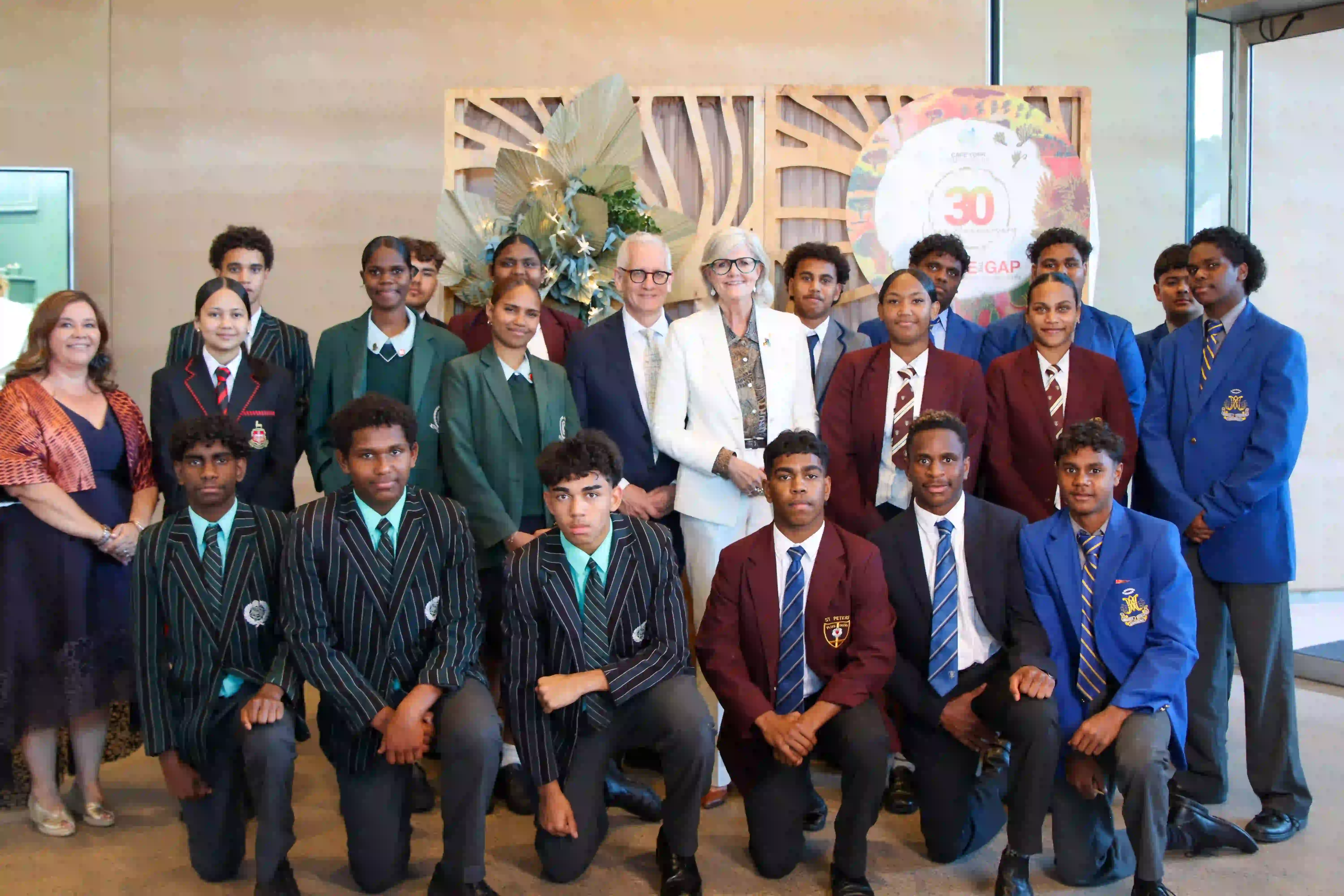Have you ever encountered someone with an impressive title but who you believe isn't an effective leader? It's likely that most of us have.
Imagine if the deliberate practice of leadership was embraced, developed, and celebrated as much as technical achievements. What kind of society would we have then?
This month, I want to pay homage to the people working for social, environmental, and cultural good who practice and strive to master leadership. My colleague, Robbie Macpherson, who teaches Social Impact Leadership Australia (SILA) with me (pictured above), talks about the strong intersection between having a leadership philosophy (anchor beliefs and principles) and leadership practices (the things you do).
Recently, Robbie and I spent three days with an incredible group of for-purpose CEOs from across the Northern Territory and Queensland, the fourth cohort of SILA. With alumni from across the country, we've had the privilege of working directly with more than 100 people (and many more through their organisations and networks) committed to mastering leadership as a practice and who are forging paths to create better outcomes for people and places across Australia.
There are many leaders in various corners of the country – some who are in the spotlight, some who are seen, and others who work in the shadows. How do we find, develop and support great leaders?
While we will do more in this space, this year we opened the PRF Fellowship program to find for-purpose leaders in less expected places. Through a supported open grant round, we had more than 200 incredible applicants and recently welcomed and congratulated five exceptional changemakers. We’re excited to follow their twelve-month journey and witness their leadership and impact evolve.
There are many leaders across the country – I am fortunate enough to discover some in all communities I visit, there are many in our partner organisations, and others in all parts of Australia. Recently, UTS Impact Studios released the Welcome to Blacktown series of audio stories and a longer-form podcast called Sink or Swim. The podcast features the voice and experience of an exceptional young leader from Blacktown, Angelica Ojinnaka-Psillakis, and charts her experience learning how to swim over a long, hot Western Sydney summer. It not only highlights an incredible leader but also raises questions about how we increase access to the resources people need to thrive and the conditions that either enable thriving or hold people back. It’s a great listen.
I could write thousands of words about great leaders, and how most always strive to master the practice of leadership, knowing it is a never-ending journey of continuous improvement and adaptation. With adaptation comes both loss and, importantly, growth. For me, my leadership anchors around embracing complexity and adaptation. This means:
- Having a clear sense of purpose and deeply held values that guide me through the labyrinth of leadership challenges and decisions.
- Seeing and addressing both adaptive and technical challenges and the intersection between them.
- Embracing varying perspectives of the eagle (high-level view, sharp vision, big picture), cockatoo (slightly disruptive, resilient, adaptive to the environment and maybe a little cheeky), and ant (diligent team work, understanding what’s happening on the ground, and the role in the system).1
- Building partnerships with a range of people and groups across sectors and political acumen to driving change.
- Ensuring self-care for the long game that is social change.
I view leadership not as a destination but as an ongoing process of learning and iteration. It is a continuous journey, in the relentless pursuit of betterment for the broader community I serve.
At PRF, we will continue to identify and invest in embracing, developing, and supporting the practice of leadership and the connections between leaders across the country to create a society where kids, families, and communities have what they need to thrive.
___________________
[1] Acknowledging Mark Yettica-Paulson for his eagle and ant metaphor in leadership practice. This also reflects the ‘balcony’ and ‘dancefloor’ metaphor used by Heifetz, Linsky and Grashow in their work on adaptive leadership.





.webp)

